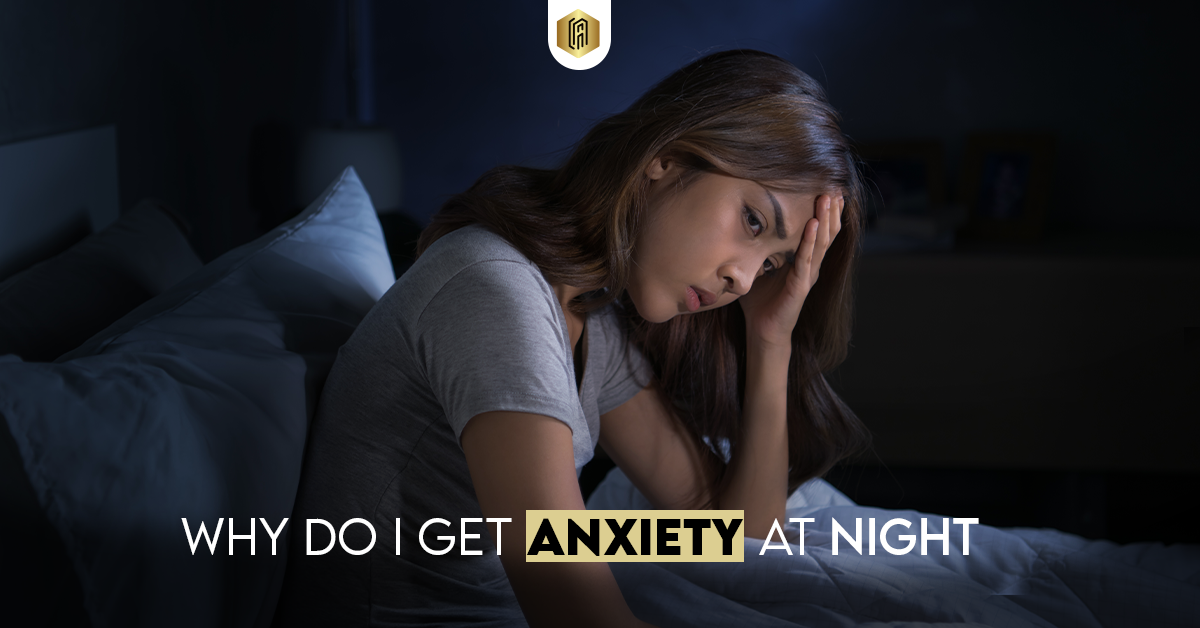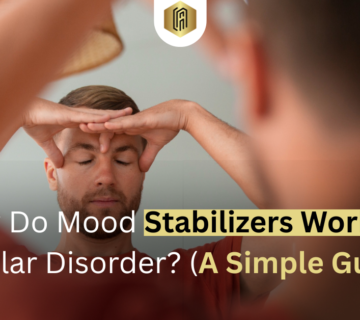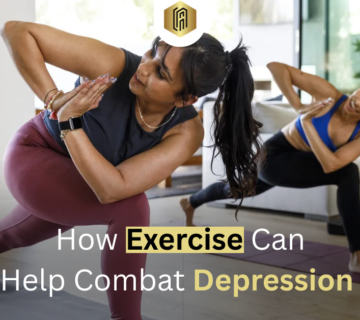Do you ever lie in bed and feel your heart race? You might ask, “Why do I get Anxiety at Night?” You are not alone. Many people feel worried when the lights go out. Nighttime can be quiet and still. This gives our minds room to think. Thoughts can rush in like a storm. We will talk about why this happens. We will also share simple tips that anyone can try. Let’s find calm together.
Causes of Anxiety at Night
Our bodies and minds work in cycles. These cycles help us wake up and sleep. But sometimes they change. Here are some common causes:
- Quiet Time: When it is dark, there are fewer distractions. Your mind can focus on worries.
- Stress from the Day: Hard things at school or work can stay in your mind. At night, they pop up.
- Low Blood Sugar: Going to bed hungry can unsettle your body.
- Too Much Screen Time: Phones and tablets can keep your brain awake.
- Caffeine or Sugar: A soda or candy late in the day can make relaxing hard.
- Health Issues: Pain or trouble breathing can wake you up.
Each of these can make you ask, “Why do I get Anxiety at Night?”
Common Signs and Feelings
When you have nighttime anxiety, you might feel:
- Your heart is thumping or beating fast.
- Your breathing gets quick.
- A sense of fear you can’t name
- A knot in your stomach
- Trouble falling or staying asleep
These emotions can occasionally trigger a panic attack in the middle of the night. You might feel scared and powerless when you wake up. It is not your fault. Knowing the signs can help you handle them.
How to Ease Anxiety at Night
Small steps can teach you how to reduce anxiety at night. Try these easy suggestions:
Write It Down
- Keep a notebook by your bed.
- When worries come, write one line about them.
- Seeing them on paper can make them feel smaller.
Warm Drink
- Have a cup of warm milk or caffeine-free tea.
- The warmth can soothe your body.
Deep Breaths
- Breathe in for 4 counts.
- Hold for 2 counts.
- Breathe out for 6 counts.
- Repeat until you feel calmer.
Quiet Music or Sounds
- Play soft tunes or nature sounds.
- This can fill the quiet and ease your mind.
Gentle Stretching
- Do slow, easy stretches in bed.
- Reach your arms up high, then roll your shoulders.
These easy steps can help reduce anxiety at night. They also explain why you may feel anxious when your mind is full of what-ifs.
What to Do During an Anxiety Attack at Bedtime
It can be frightening to experience an anxiety attack right before bed. This is what you should do:
Remember, It Will Pass
- An attack has a start and an end.
- Tell yourself, “This is hard, but it will improve.”
Ground Yourself
- Look around and name:
- Five things you see.
- Four things you feel.
- Three things you hear.
- Two things you smell.
- One thing you taste (gum, mint).
Slow Breaths
- Breathe in slowly, breathe out slowly.
Sip Water
- Take small sips.
Call a Friend or Family
- Hearing a calm, kind voice helps a lot.
Do these steps each time you have an anxiety attack at bedtime. They work to bring you back to now.
Managing a Panic Attack in Middle of the Night
A panic attack may wake you up in the middle of the night. This is how to handle it:
Check Your Body
- Put a hand on your belly and another on your chest.
- Feel the rise and fall.
Count Slowly
- Count to ten on each breath cycle.
Repeat a Calming Word
- Peace
- Calm
Sit Up
- Sitting upright can ease breathing.
Use a Cold Cloth
- Place it on your forehead or wrists.
Practice these steps. You will learn why you get anxious at night. You’ll also discover how to stop a panic attack quickly if it happens.
Handling an Anxiety Attack in Sleep
Sometimes, anxiety wakes you from a dream. This is an anxiety attack in sleep. Try this:
Turn On a Night Light
- A soft glow keeps complete darkness away.
Stretch Gently
- Move your arms and legs slowly.
Use a Weighted Blanket
- The gentle pressure can feel like a hug.
Repeat a Safe Phrase
- “I am here. I am okay.”
Practice these steps when you wake from an anxiety attack in sleep. They help your body know you are safe.
When to Seek Help
If you try these tips but still feel scared each night, it might help to talk with someone:
Talk to a Doctor
- They can check for health issues that wake you up.
See a Counselor or Therapist
- They can teach more ways to cope.
Join a Support Group
- Sharing with others can make you feel less alone.
Asking for help is brave. Support is here for you if you still feel anxious at night. Turn to Ascension Psychiatric Services for the calm nights you crave. Please schedule a consultation today to explore how we can support you.
Conclusion: Finding Calm Nights
The hours of the night should provide restful sleep rather than cause worry. The path to better well-being begins with determining what causes your nighttime anxiety. Calm activities during your nightly routine will help you manage anxiety. Seek help immediately when nighttime panic attacks become overwhelming or when sleep anxiety reaches intolerable levels. Your body needs a peaceful rest during the night to welcome bright mornings. Start small. Be kind to yourself. You can achieve peace and restful sleep every night.
FAQs
Why do I feel anxious at night?
At night, it gets quiet. Your mind has time to think. Worries from the day can surface and make you feel scared.
What can I do if I wake up with a panic attack?
Sit up and take slow, deep breaths. List five things you observe in your surroundings. Your body will feel safer after doing this.






No comment